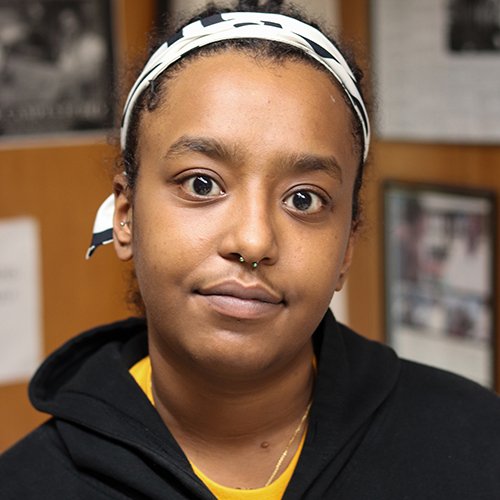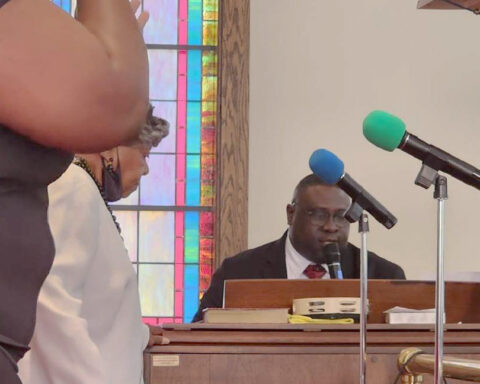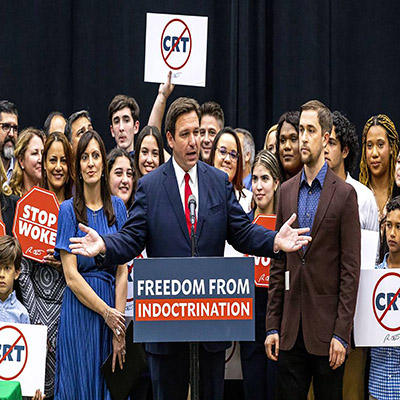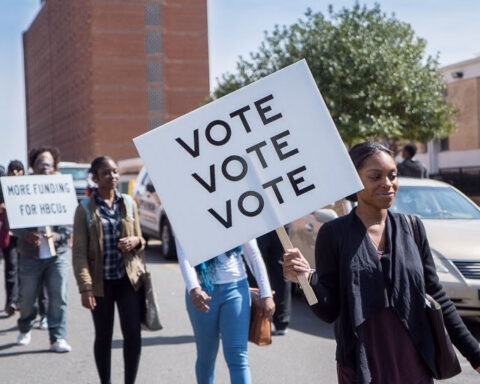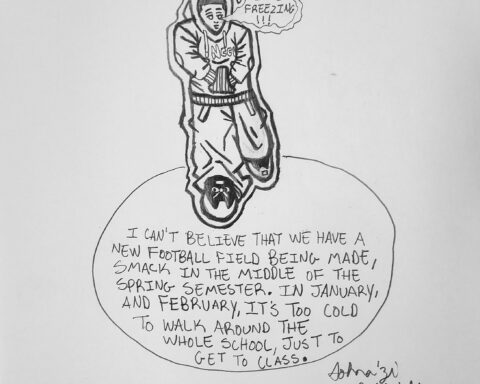No one ever wants suicide to touch their lives, but that doesn’t stop it from showing up.
For me, it came in the form of an 11:00 a.m. phone call on a Wednesday morning when I was told my friend Nolan took his own life.
I, like other people who have gotten similar phone calls, felt lost afterwards. I would spend hours Googling ‘how to feel better after a friend kills themselves’ only to feel worse after reading generic advice telling me to eat healthier, to exercise, or to talk to a therapist. It was quickly made clear to me that not only I, but the rest of the world, was wholly ignorant on the subject of grieving those whose stories end in suicide.
If you have recently lost a loved one, I know it can leave you feeling like you’re stuck in quicksand and can do nothing but sink further into the muddy depths of your own emotions. Know that that feeling won’t last forever.
These are the 10 things you learn when a loved one commits suicide.
- No amount of education or therapy could ever prepare you for this.
It’s a little naive to assume a college education or a one hour therapy session once every two weeks can prepare you for something like this, but you wish it could.
Unfortunately, they don’t make textbooks about this kind of thing and there isn’t a single breathing exercise in the world that can get anyone through this.
You might get some help along the way from friends, family, mentors and therapists but figuring out how to navigate this difficult loss will ultimately fall on your shoulders.
The pain will feel crushing, especially the day you find out, but you can and must find a way to keep on going.
- There are a lot of different ways to cry.
No one ever tells you this, but there are thousands of ways to cry. These various techniques include wailing loudly on your hands and knees, silently sobbing under the blanket, and weeping into your hands in a Costco bathroom at 10:30 in the morning.
Every time you think you’ve mastered every technique, you’ll learn a new one. At some point, you’ll start to wonder if you’ll ever stop unlocking new ways to cry. This period might go on for days, months, or years even.
Cry, rinse, and repeat.
- There is a surprisingly low amount of fanfare when people die.
I don’t mean the musical kind, though there isn’t much of that either.
When a friend dies, especially when that friend is a really good person, you want the world to stop for a moment.
The day you find out, you want to open your door to see the streets filled with mourners all in black sobbing loudly. You want schools and roads shut down so the world can share a collective grief. You want billboards erected with your friend’s face on it, statues erected to honor your friend, and legislation drafted to address the national suicide problem.
Surprisingly, none of that happens.
In most cases, the most you get is a funeral, a few social media posts, and maybe an extension on an assignment so you can have a little longer to grieve.
It’s a cruel lesson that the world goes on its path despite your loss, despite your feelings that your entire universe has come crashing down.
Even though the world might not stop, you learn to find ways to slow down.
You find space to mourn, even if it’s taking a moment to cry in the bathroom of your job. You find little ways to honor your friend, even if it’s as small as driving an extra five minutes to eat lunch at their favorite spot.
Sometimes it will feel like everything and everyone moved on too fast, but that doesn’t mean you have to move on too.
- Those of you that knew them get a lot closer.
In a super morbid kind of way, it almost feels like being a part of an exclusive club.
You, and a small handful of other people, were the only ones who got to experience this incredible and beautiful person, someone no one else in the world will ever get to experience.
Your friend’s laugh, your friend’s voice, the way your friend’s eyes lit up to talk about a particular passion – all become invaluable little secrets that only a select few know about and can share with the world.
You all are the only remaining ones who know your friend’s hopes and dreams, the only ones able to realize these dreams. All this will bring you closer to people than you ever imagined possible.
You start to bond over little things like your dead friend’s favorite sandwich, the way they folded their laundry, and how clean or messy they kept their room.
These moments will be so invaluable to you as you grieve. Lean into them and let them help you heal.
- Most people won’t give you grace, but you’ll never forget the ones who do.
A lot of people will tell you they understand, but most of them don’t.
A lot of people will tell you to reach out to them for anything you need, but they usually don’t mean it.
Even though there are moments when you feel like the pain you are carrying is more immense than a boulder, there are people around you who will do their best to slowly chip away at the rock with whatever tools they have.
It may be a professor who lets you do your work from home for a while, a kind therapist at the counseling center who lets you talk through your feelings, or a classmate who helps you out with your classwork on a day when you just don’t feel like doing anything.
You’ll run into kind people and they may not have the power to take the pain away, but they will make things easier. Don’t forget to thank them.
- Being kind and including people is really, really important.
You probably always knew this, but this experience will probably keep it at the forefront of your mind.
There are a lot of horrible things that come when a loved one commits suicide, but this is one of the few good things.
You become more intentional about making people feel included. You start making it a point to ask people how they’re doing, donate to charities more. And you stop to listen when people you know are hurting.
There was probably an easier way to learn how to be nicer and more intentional, but the important thing is that you learned it. The good news is that you’ll probably have the superpower of empathy for the rest of your life after this.
- Suicide awareness and prevention is about so much more than hashtags and social media posts.
For a majority of people, suicide awareness is simply posting a hashtag. Or simply a matter of sharing a Facebook post. Or sending someone a list of resources.
But for you, it will mean a lot more than that.
Now that you know how deeply suicide can impact lives and communities, you’ll commit more of yourself than ever to try to stop it.
You might start volunteering with local nonprofits or even start your own. You’ll start doing research on suicide prevention tactics. You might even write a letter to an elected official on how we can better support those navigating suicidal thoughts.
You begin to pay close attention to signs of suicidal ideation in the people around you and learn ways to help those who might be navigating suicidal thoughts.
The expertise you gain after this will become more helpful than you’ll ever imagine.
- You (eventually) learn to fall in love with the world again.
There will be an unexpected day when you wake up and feel ok again. You’ll go outside and feel the wind, see the sky, and feel the grass between your feet and you’ll feel okay – maybe even happy.
It will probably take a while, but it will happen. You’ll see a funny video on the internet and you’ll laugh at it. You’ll see a baby say its first words and feel in awe at how the human brain works. You’ll see a piece of art that touches your soul and makes you feel more than you’ve felt in years.
Eventually, you learn to love life, to love the world and the people in it again.
- Grief doesn’t go away, but it does get easier.
Grief is complicated. There are moments when you think you’re totally healed, but it can sneak back. Sometimes it even hits you when you least expect it.
You won’t ever forget that this happened, and the hole it leaves in you can sometimes feel like a black hole that can never be filled.
The hole does get smaller though.
Even if you can’t take away the pain of this experience or the hole that the loss leaves you with, you can build incredible new experiences, relationships, and memories that make navigating the grief easier.
- We have a duty to both honor the dead and fight like hell for the living.
This is, by far, the most important lesson you will learn.
The world is hard and cruel. It is unbelievably easy for anyone to end up in such turmoil that they feel like they have no way out.
All of us have a collective responsibility to change this.
We need to work together to make mental health resources more accessible, make sure people have what they need to survive, and be as kind as we can be to the people around you. We may lose people along the way while we’re working on building a better world, and we must forever remember and honor them. Their memory is what keeps us pushing.
After this experience, you’ll understand this more than ever.

